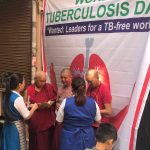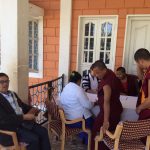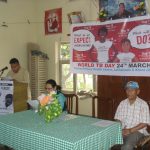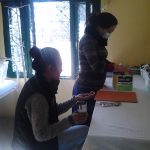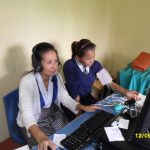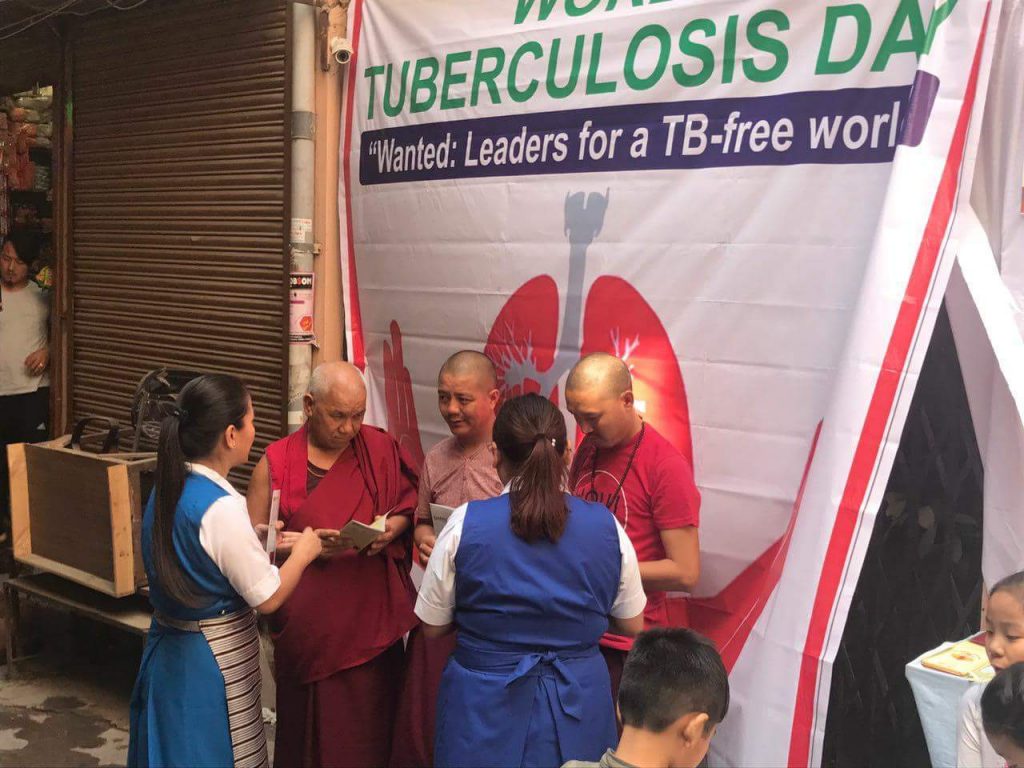The Department’s TB Control Program strives to reduce the incidence of TB morbidity and mortality in the exile Tibetan community. The program emphasizes early detection and treatment of new TB cases. It also ensures greater treatment compliance by existing patients to prevent multi drug resistant form of TB. It promotes community wide advocacy and social mobilization on TB. The program implements the WHO-recommended tuberculosis control strategy known as DOTS (Directly Observed Therapy, Short Course). All the major hospitals are equipped with trained health personnel and basic diagnostic and treatment facilities. The Department provides financial assistance to all those who could not afford to pay for the TB medication and treatment. The quantum of such assistance varies from person to person depending on the severity of their economic hardships.
TB patients are generally treated in the outpatient setting. Severely ill or infectious TB patients, particularly those of MDR TB, are however hospitalized and quarantined in isolation wards to prevent them from infecting others. Similarly, the Department also undertakes TB detection initiatives in congregated settings like schools and monasteries in order to prevent and control the prevalence of TB.
Public awareness about TB is promoted by disseminating health education materials like videos, posters, pamphlets, etc., through the network of hospitals and health centers. The Department keeps its health workers and staff members well-informed about the latest developments in the TB prevention and control measures.
Health staff members also receive regular in-service training in premier TB institutes in India, including National Tuberculosis Institute in Bangalore, Tuberculosis Research Center in Chennai, LRS Institute for TB & Respiratory disease in Delhi, etc. Staff members from the central TB unit of the Department regularly inspect the ongoing treatment programs in hospitals and health centers located in areas of high TB incidence.
